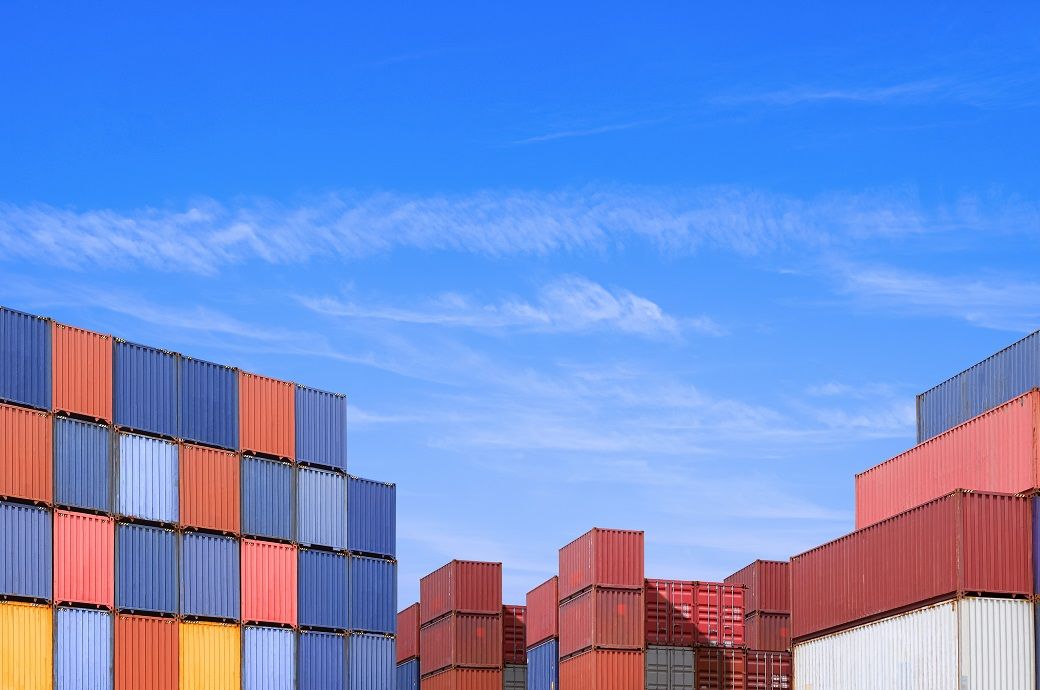
The agreement was signed on March 10, 2024, in New Delhi.
TEPA incorporates for the first time in any free trade agreement (FTA) signed by India a commitment linked to investment and job creation.
The agreement comprises 14 chapters with main focus on market access related to goods, rules of origin, trade facilitation, trade remedies, sanitary and phytosanitary measures, technical barriers to trade, investment promotion, market access on services, intellectual property rights, trade and sustainable development and other legal and horizontal provisions, a release from the Indian Ministry of Commerce and Industry said.
The EFTA’s market access offer under TEPA covers cent per cent of non-agricultural products and tariff concession on processed agricultural products.
With EFTA’s offer covering 92 per cent of tariff lines, Indian exporters in sectors like machinery, organic chemicals, textiles and processed foods will enjoy significantly improved access to EFTA markets though TEPA. This will enhance competitiveness, reduce compliance costs and accelerate access to EFTA market, the release noted.
India’s exports to EFTA stood at $72.37 million in 2024, contributing 0.41 per cent of EFTA’s total imports. This agreement is expected to reduce tariff barriers and expand India’s share in key commodities.
India’s textiles and apparel exports to the EFTA stood at $0.13 billion in 2024. Given India’s total global textiles exports were $36.71 billion in that year, TEPA offers opportunity to capture the untapped market by leveraging tariff concessions.
EFTA imposes nil duty on leather and footwear imported from most-favoured nations, and this advantage will continue post TEPA implementation. TEPA consolidates and guarantees this preferential treatment, providing long-term certainty and stability for exporters.
TEPA will empower India’s exporters by providing access to specialised inputs and create conducive trade and investment environment. This would boost exports of Indian made goods as well as provide opportunities for services sector to access more markets.
The EFTA member nations shall aim to raise foreign direct investment (FDI) from their investors into India by $50 billion within 10 years from the entry into force of the agreement, and an additional $50 billion in the succeeding five years, amounting to a total of $100 billion over 15 years.
Concurrently, the EFTA members shall aim to facilitate the generation of a million direct jobs in India resulting from these investment inflows.
This investment commitment explicitly excludes foreign portfolio investment, focusing on long-term capital for productive capacity building.
India’s offer to EFTA covers 82.7 per cent of tariff lines, accounting for 95.3 per cent of EFTA exports.
ALCHEMPro News Desk (DS)
Receive daily prices and market insights straight to your inbox. Subscribe to AlchemPro Weekly!